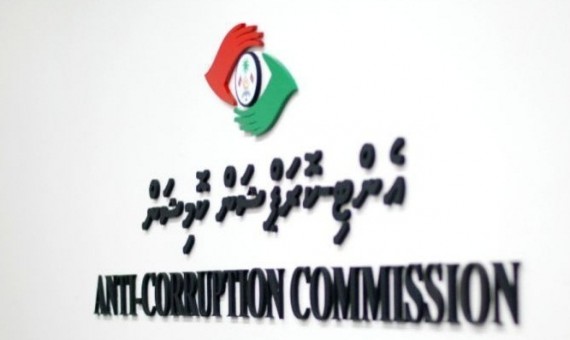
ACC has concluded a case addressed in the Works Corporation Limited’s (SPE-2014-06) audit report claiming that the company in question had acted in contradiction to the procurement policies when outsourcing the work of sewerage system establishment, land excavation, and completion of harbor projects of 10 islands to various private companies.
Upon investigation it was found that Works Corporation Limited’s Procurement procedure states that any project exceeding the cost of MVR 1,500,000.00 (One million and five hundred thousand) must be assigned to a particular party through the Ministry of Finance and Treasury’s Tenders evaluation board. Nonetheless, the forenamed projects were assigned to various private companies under the joint venture policy. Also, the projects were outsourced to the companies on the basis that Works Corporation Limited gets a share from the total price of the project assigned to Works Corporation Limited by the state.
The government has assigned several infrastructure projects to Works Corporation Limited that must be completed within a short period of time. Hence, to hasten the projects, Works Corporation Limited decided to carry out the projects in accordance with the consensus reached by the Board of Directors of the company. Similarly, the projects involved in this case were outsourced to various parties by the Company’s Board of Directors, after evaluating the joint venture proposals submitted to the Company by interested parties.
As per section 37 of Work’s Corporation Limited’s Articles of Association, the Company has the right to develop its policies and procedures as to gain maximum benefit for the Company.
Therefore, the investigation did not find sufficient evidence supporting the claim that Works Corporation Limited has gained or provided an undue advantage when outsourcing the infrastructure projects to various companies, Thereby, the investigation did not reveal any contravention with the law number 2/2000 (Prevention and Prohibition of Corruption Act), in the case. Hence, the case was concluded under section 25 (a) (1) of law number 13/2008 (Anti-Corruption Commission Act), as there was no offence of corruption in the case.




